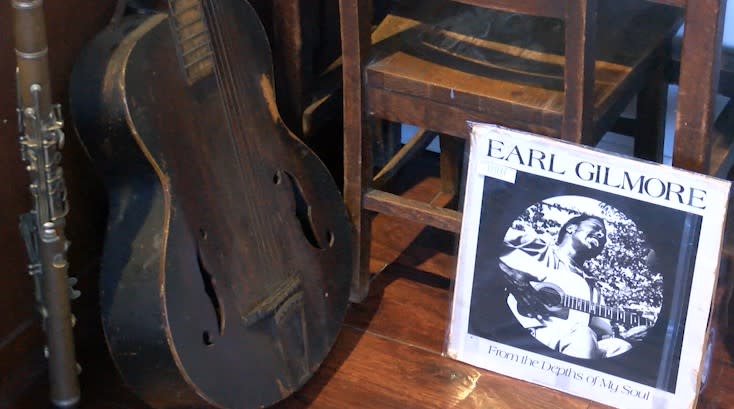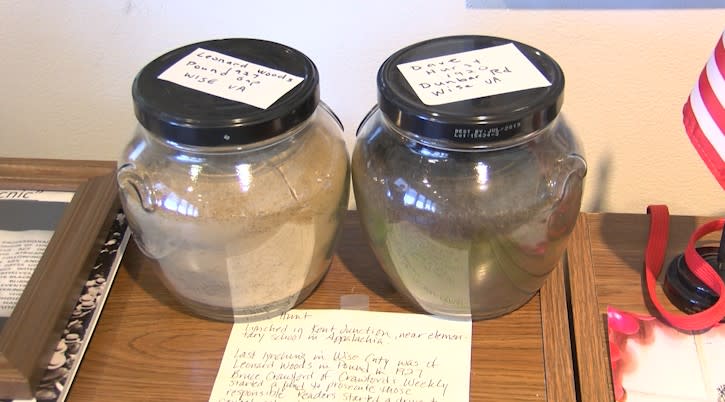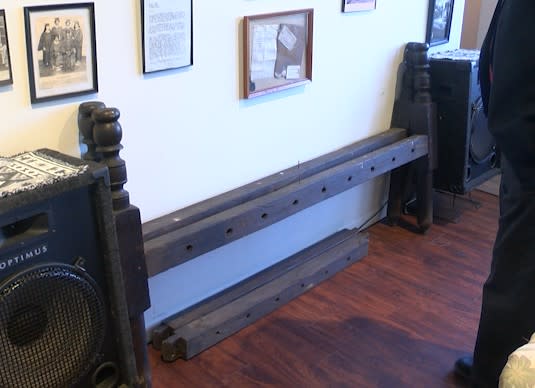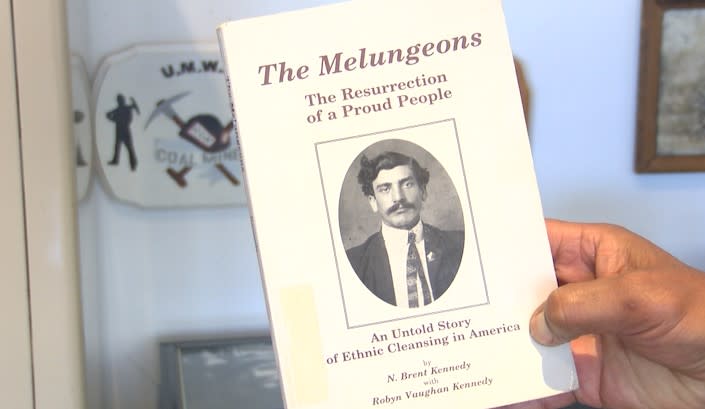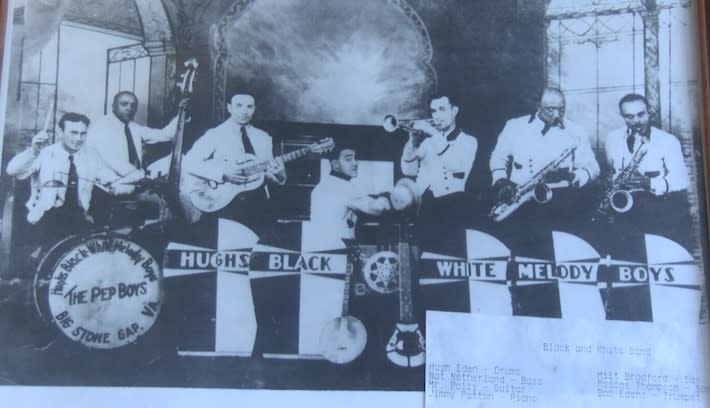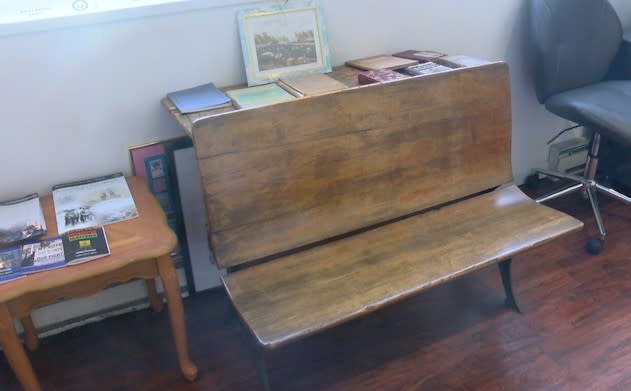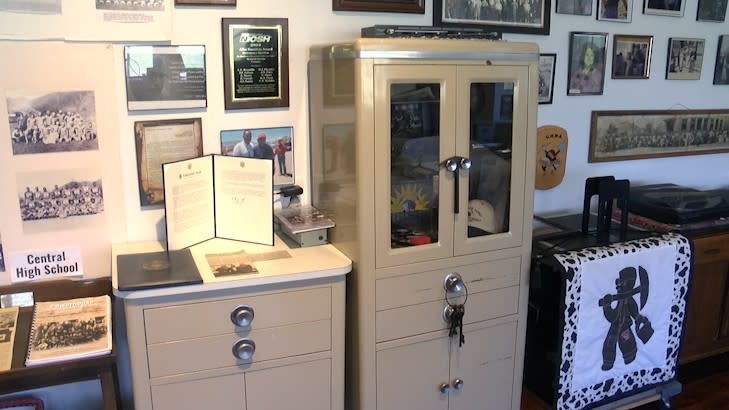How the Appalachian African American Cultural Center is preserving Black history
PENNINGTON GAP, Va. (WJHL) – In the mountains of Pennington Gap, the Appalachian African American Cultural Center houses many historical artifacts and is dedicated to preserving the history of black people in the region.
The center was founded in 1987 by Ron and Jill Carson. However, decades before it was a one-room school for Black students up to the 7th grade.
“It served as the only source of education for the Black children here in Pennington Gap,” Ron Carson said. “My mother was in the first group of children to attend school here, and I was in the last group in 1965 when we integrated.”
In 1939, Carson’s great-great-grandmother Rachel Scott saw the need for a school for Black children and provided the land and resources.
Honoring Black History: A look back on integration in Johnson City
In the 1980s, Carson and his wife moved back to Pennington Gap after living in Massachusetts for some time. They saw that the building was set to be demolished, but they put a stop to it.
Carson said they knew the significance of the building and knew it was worth saving.
“We didn’t really know what we wanted to do with this building until we went to Highlander, the Highlander Education Research Center in New Market, Tennessee,” Carson said. “We received a fellowship to the SALT program, which was the Southern Appalachian leadership training program, and it was there that we discovered that very little had been written on African Americans in the coalfields of Southwest Virginia, Eastern Kentucky, Northeast Tennessee, Southern West Virginia. Therefore, we knew that we could try to achieve this goal in trying to preserve some of this history.”
They transformed the one-room school into a cultural center full of historical artifacts, books, photos and much more memorabilia.
An Earl Gilmore record and instruments owned by Gilmore; a musician from Clinchco, VA Soil from lynches in Southwest, VA A slave bed frame made by a slave A book about the Melungeon people A photo of The Black and White Medley Boys band An original desk from The Pennington Colored School A doctor’s cabinet, the only white doctor in Southwest, VA who would treat African Americans
“If we walk around this room we got the first African-American lady who was ever elected to a county board in this whole region,” Carson said. “My wife was the vice mayor of this town and president of the Virginia Municipal League. We got musicians, my grandfather, Smith Carson, had the first integrated big band back in the 1930s which was called the Black and White Medley Boys who played with Louis Armstrong and Elvis Presley. There’s a lot of history that’s not being told.”
The cultural center even owns the desk where author Alex Haley wrote his iconic book “Roots.”
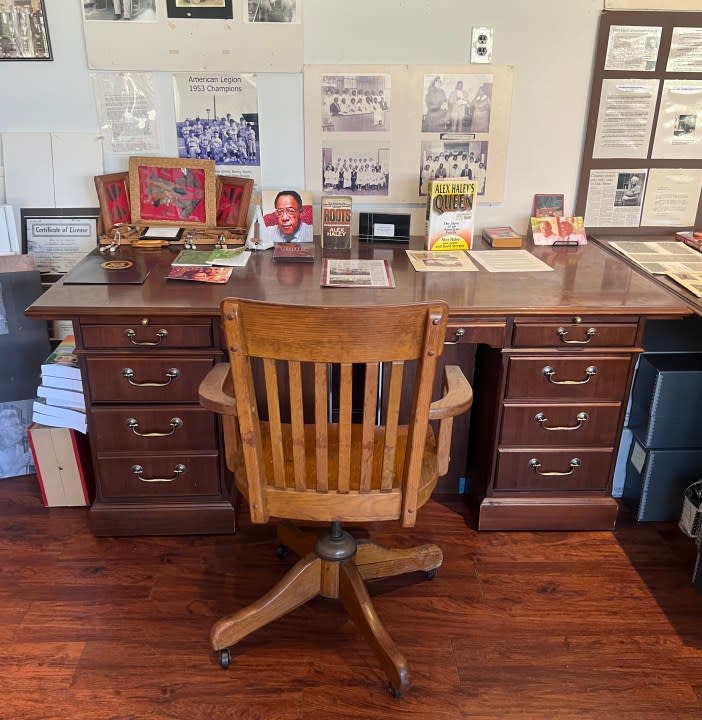
The desk was at Kimball M. Sterling Inc. Auctioneers in Johnson City, Tennessee. The center was able to acquire the desk in 2022 for only $100.
“He was a writer, a journalist, he was instrumental in documenting the Roots series in 1977 which changed television,” Carson said. “There had never been a mini-series of that magnitude before on TV, before Roots 1977.”
“We have a doctor’s medicine chest, cabinet he used back in the fifties and this doctor was the only doctor at the time that would treat African Americans,” Carson said. “We have photographs, we have a desk that was the original desk in this building, just a series of different things. Most importantly, I think it’s the stories that we have documented.”
Many school groups come to visit the center throughout the year. Carson said it’s important for younger generations to know their heritage.
WATCH: News Channel 11’s 2024 Honoring Black History Special
“You know the old saying goes, ‘If you don’t know where you came from, how do you know where you’re going,'” Carson said.
Carson said many students who visit never heard of Alex Haley or Carter G. Woodson, known as the father of Black history.
“I really strongly believe that we are two generations away from our young generation not really recognizing what Dr. King did during the Civil Rights Movement,” Carson said. “As parents, we have to teach it to our kids. They are not going to hear it anywhere else.”
Carson along with a team goes out and teaches anti-racism workshops as well.
“Our workshops are geared towards white privilege and internalized racist oppression,” Carson said. “For 30 years, I came down my driveway and drove past this little one-room school, going to my job that I did for 30 years, not realizing that I was oppressed. That I had to put a face on every single day who I thought white America expected me to be. And that is internalized racist oppression.”
Carson believes Black history in Appalachia is oftentimes overlooked.
For his work preserving Black Appalachian History, Carson was selected to serve on the National 400 Years of African American History Commission. A federally appointed committee composed of people from around the country who are dedicated to educating people about Black history. Carson currently serves as the vice chair.
“African American history is American history,” Carson said. “It’s all history. It all should just be together.”
“We just need to not be ashamed of where we came from, but to embrace it and to learn from it.”
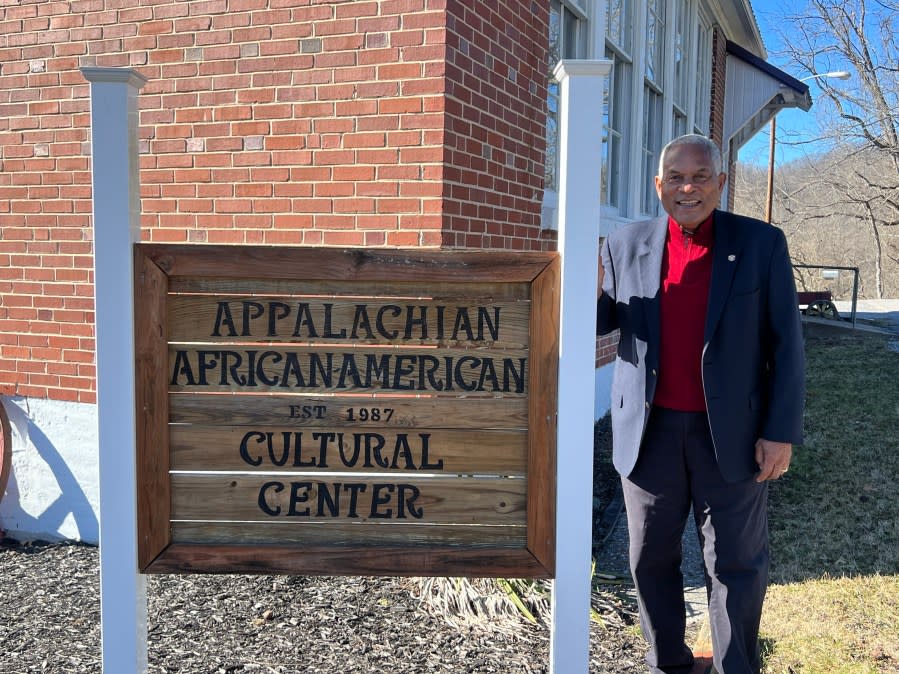
Although his wife Jill passed away last year, Carson continues the legacy they created together. The vision they created when Carson heard a quote from the father of Black history, Carter G. Woodson.
“Perhaps the most important element to any given people is the documentation and preservation of that history. If a race has no history, it has no worthwhile tradition and it stands to be lost in the eyes of society forever,” Carson quoted from Woodson. “And when I heard that 38 years ago, I just been on a mission trying to preserve the history here in this region.”
The Appalachian African American Cultural Center is only available to visit by appointment. You can book a visit on their website.
For the latest news, weather, sports, and streaming video, head to WJHL | Tri-Cities News & Weather.
